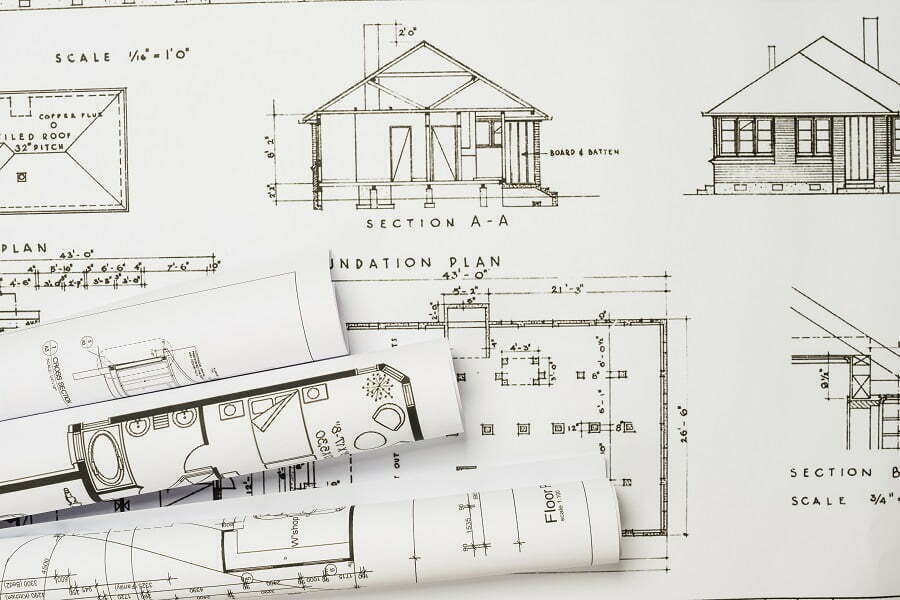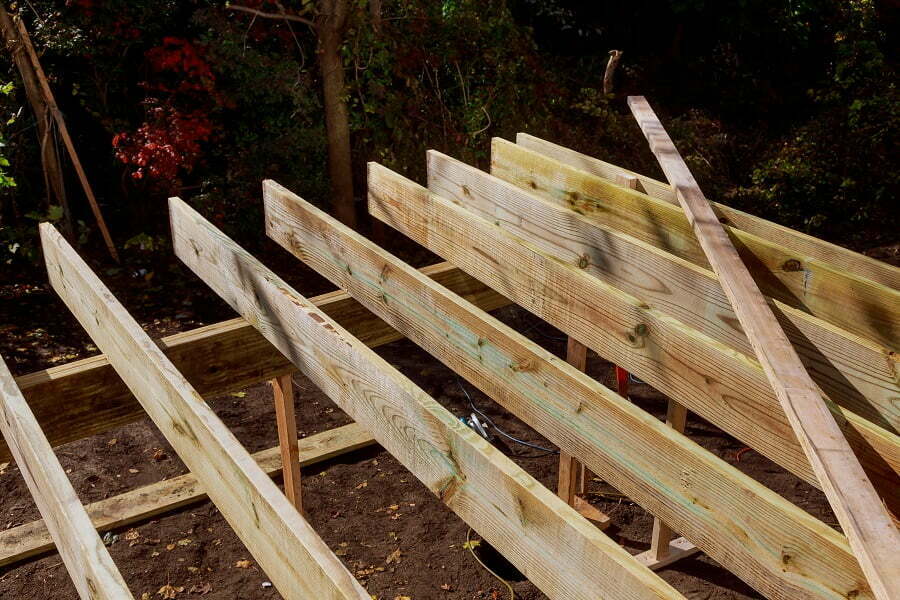Last updated on
The construction process encompasses all the phases required in building something, not simply the actual building process.
The building process is drawn-out and challenging, requiring coordination between numerous contractors, pricey and hazardous equipment, a sizable construction site, the owner (who just wants to don a hard hat and nod approvingly at blueprints), and a timetable you are never entirely satisfied with.
There are daily transactions of billions of dollars in the enormous construction business. The desire to improve the aesthetic appeal of one’s home drives people to seek out new ways to do so, which accounts for the building industry’s yearly expansion.
Before beginning any building project, you must adhere to these six guidelines, regardless of how big or small it is.
Draw Up Plan

It is crucial to remember that marketing is only half the job. No matter how excellent your project is, the likelihood that it will be overlooked is significant if you don’t display it well.
So when it comes to construction projects, a good architectural drawing is a must-have, and this link may point you in the direction of the perfect option. Additionally, as you need a drawing and a picture for the final part, you also need them at the very beginning.
It’s a smart option to have everything planned out as precisely as you can, even if you have all the necessary licenses in place. By doing this, you can make sure that the construction project runs as smoothly as possible and help prevent any unexpected events in the future.
You should still create plans for your building project even if you are not an architect. This will make sure that everyone, from the builders to the subcontractors, is on the same page.
Additionally, having a reference point is always beneficial in case anything goes wrong or must be changed later. Make it a priority to keep an extra set of floor plans or blueprints on hand for easy access.
Get Permits
Make sure you have all of the required permissions in order before beginning your building project; this is perhaps the most crucial phase. Nothing can be done in our world without first obtaining the necessary licenses, and this is undoubtedly true when constructing a new structure.
You might not be aware of it, but these permissions are subject to a variety of governmental rules. Obtaining the required permits in advance will help you save a considerable amount of time and worry later on, regardless of whether you’re building on your property or someone else’s commercial property.
Additionally, not obtaining the proper permits may result in fines or possibly the closure of your project.
Prepare Materials

It’s a good moment to begin ordering materials after you’ve got your plans in place. This may seem overwhelming at first, especially if you aren’t familiar with all of the available materials.
However, with a little investigation (and perhaps some phone calls), you ought to be able to quickly get all you require. Get high-quality resources because a building can only be as strong as its strongest component, so keep that in mind while you construct.
Your building project will endure longer if the materials are of higher quality.
Employ a Contractor
This is a crucial point to have in mind before beginning a project. Many people might offer their services, but to achieve the greatest outcomes, you must work with a professional. It’s crucial to employ a contractor who can give their experience to make sure your job is successful if you’re not doing it alone.
To avoid delays, a professional contractor should determine how much work has to be done and when, and they’ll also keep you informed of any concerns or problems that arise.
Keep to the Scheduled Time
It’s critical to try to keep construction projects on schedule as much as you can because they frequently take longer than anticipated. This entails keeping track of deadlines, maintaining organization, and being ready for obstacles.
Creating a project timeline before you begin is a wise decision because it will help you avoid delays and other problems. Of course, choose not just a start date, but also a finish date! Understanding how long it will take can help you prevent any major scheduling conflicts in the future.
You may keep track of the work’s progress and make educated decisions about when to speed up the development to get back on schedule by developing a predicted time frame.
Cover Your Bills
Make sure to pay your payments on time, even if it should go without saying. The cost of construction projects might be high, so it’s crucial to monitor your spending and stick to your budget.
Additionally, you don’t have to determine your budget in detail before beginning the project, but you ought to have a decent notion of how much cash you have available. This will assist your contractor in providing a precise estimate for the work and ensure a smooth start and completion of the project.
With all of this in mind, it is simple to understand why maintaining a construction project’s timetable is so crucial. After all, in addition to money and effort, there are many other factors at play here. Your readiness from the start could ultimately determine your safety and success.
Recap:



